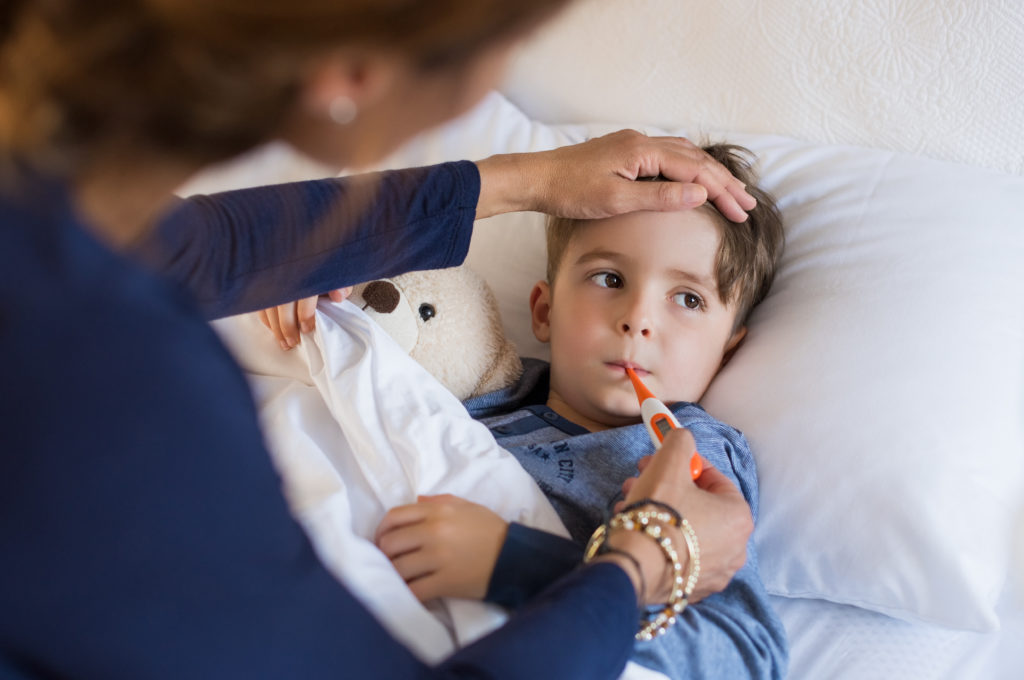Winter is Coming: A Quick Guide to the Common Cold and Other Child Illness
We pride ourselves on keeping each of our Kindertown classrooms clean and spotless, however, the spread of icky germs is almost always bound to happen. Beyond our daily and weekly scrub-downs, Kindertown also has a health and wellness policy in place that asks parents to keep children with any type of symptoms at home for at least twenty-four hours.
Here is a list of some common illnesses and symptoms to help you catch that darn cold before it catches you or your child!
Chicken Pox
Begins with a fever, aches and pains
Children should stay home for at least 5 days after the rash appears
Contagious from 1 to 2 days before rash appears, and most infectious from 12 to 24 hours before the rash appears
Hand Foot and Mouth
Begins with a fever, skin rash, mouth ulcers and vomiting/diarrhea
Spread through contact with an infected persons saliva or stool
Handwashing is best prevention
No treatment for this infection, can last between 7 and 10 days
Head Lice
Head lice do not spread, and does not mean a scalp is unclean
They spread through direct hair-to-hair contact, possible by sharing hats and hairbrushes
This usually begins with an itchy scale, but the scalp must be checked periodically to make sure
There are a variety of ways to treat head lice, consult a doctor for the best solution
Slight colds with nasal secretions
Begins with runny or stuffed up nose, coughing and fatigue
Can spread from both direct and indirect contact with infected person or through the air
Colds usually last about 1 week, but can linger for as long as 2 weeks
Pink-Eye
Usually begins with a ‘scratchy feeling’, lots of tearing, discharge and a pink eye
It spreads through direct contact of discharge, or indirect contact with an item that has touched the infected eye
Cleanliness is imperative to prevent pink eye, but if infected best to consult a doctor for antibiotic eye drops
Slapped Cheek Syndrome
Begins with mild-cold symptoms and after 1-4 days a red rash on cheeks, torso, arms and rest of body
It spreads in the same way that a cold virus spreads
Though highly contagious in the first stages, once the rash appears, it can no longer spread.
Best prevention are clean hands, there are no vaccine to prevent the illness
Roseola
Most common between 6 months and 2 years of age, it usually occurs when someone comes into contact with an infected person’s saliva or runny nose. It is also possible to be affected through the air.
Roseola usually begins as a high fever that last between 3-5 days, once the fever ends, small pinkish red spots develop over your child’s face and body. Though not itchy, it can last up to 2 days.
Diarrhea
Diarrhea usually lasts less than one week, and no longer than 2
This spreads from child to child, and usually amongst children whom have yet to learn how to use the toilet
The most common causes of diarrhea are viral infections, which can be prevented with proper hand washing and safe food handling

